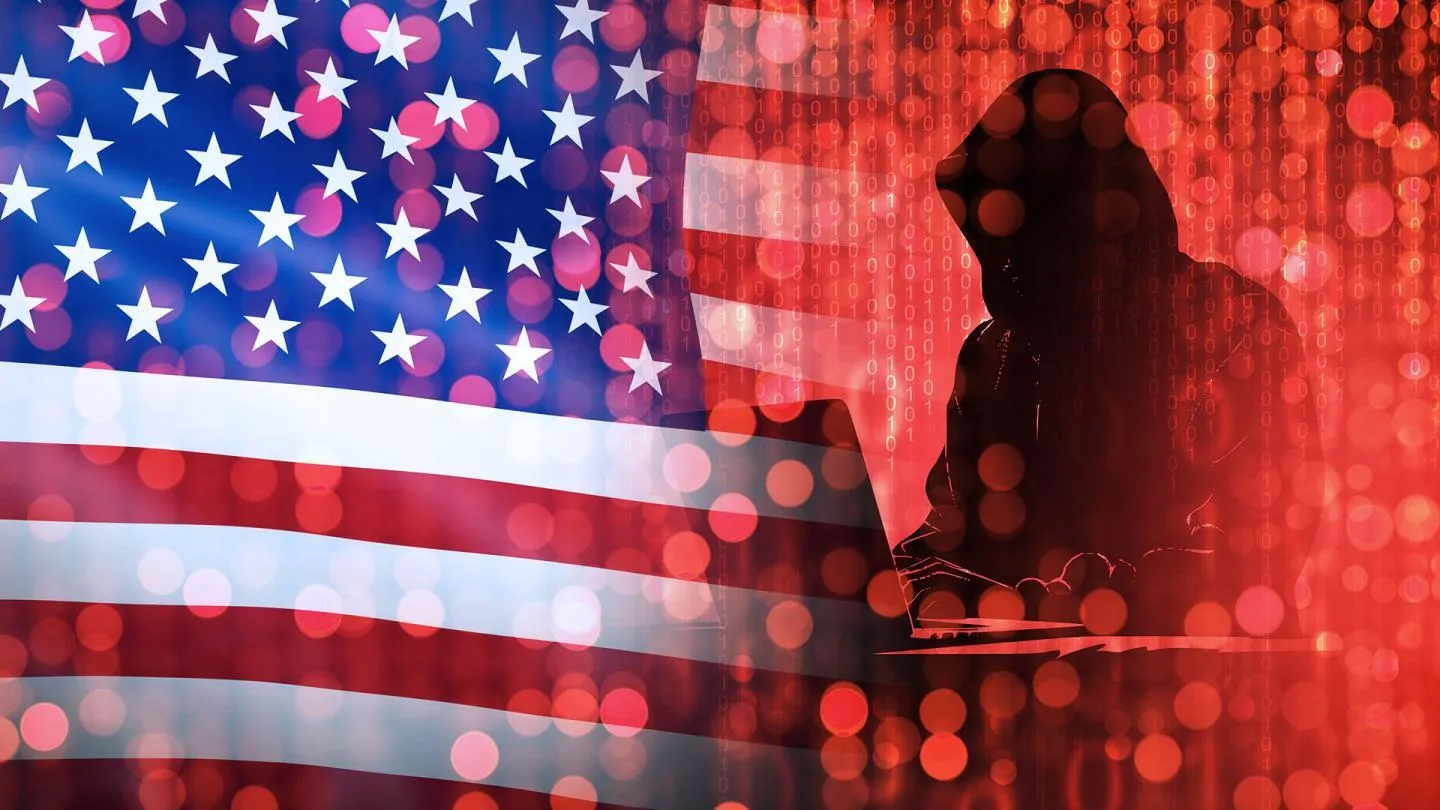If war ever reaches the American home front, most people might expect to hear an air raid siren. But what they may actually hear is silence, when many of the things they rely upon each day stop working.
The Commission on the National Defense Strategy recently warned senators the United States is “unprepared” for a “devastating” cyber war that will bring life in towns and cities across America to a standstill.
Former Congresswoman Jane Harman, Co-Chair of the Commission on the National Defense Strategy told senators, “The public is essentially clueless about the massive cyber-attacks that could be launched any day by our adversaries. Not just nation states but rogue actors as well.”
Experts see the next war beginning with a keyboard attack on America’s critical infrastructure, threatening to cut off the internet, electricity, water, transportation, and financial systems. It would mean almost everything, from phones to gas pumps to cash machines to traffic lights suddenly stops working.
Cyber security expert Dr. Samantha Ravich of The Foundation for Defense of Democracies said, “We’re very vulnerable.”
WATCH the Full Report Here: The Coming Cyber War
Ravich served on Congress’s Cyberspace Solarium Commission and as a Deputy National Security Advisor in the Bush White House. She’s especially concerned about the lack of protection at America’s many municipal water stations.
“A soft underbelly of our country is our water system. And those water utilities don’t often have the best cyber security. They have old technology,” Ravich said.
After a cyber strike on your local water plant, your water tap might not work, or your water could become dangerous to drink. In 2021 a hacker tried to poison the water supply of Oldsmar, Florida by increasing the levels of sodium hydroxide. The city now says it was operator error, but in the last year, foreign actors from Iran and Russia have been linked to water facility attacks in Pennsylvania, Indiana, and Texas.
Shawn Waldman, CEO of Ohio-based Secure Cyber and a member of CyberOhio‘s Critical Infrastructure Working Group says, “One hundred percent of the water systems that I’ve been involved with have been extremely vulnerable to external attacks, specifically.”
Waldman warns that adversaries are constantly testing America’s cyber defenses for vulnerabilities in preparation for war.
“We’re in a cyber cold war today,” Waldman said. “We’ve got vulnerabilities with our radar systems and our air traffic control. We’ve got vulnerabilities in our 911 systems.”
In China’s Operation Volt Typhoon, hackers were able to pre-position bots inside U.S. systems for a possible future attack. They remained undetected for years, spying on the U.S. military.
One of those responsible for securing America’s power supply in the next cyber war is Andy Bochman, Senior Grid Strategist at the Idaho National Lab. While his team works to make the grid safe, Bochman admitted there are “a million vulnerabilities,” and a cyber war could be “bad.”
“Yeah, if this came to pass in the United States and we lost critical infrastructure services that we take for granted that we come to expect, there will be much wailing and gnashing of teeth as we try to adapt to that ‘new normal.’ See the recent CrowdStrike thing? and that wasn’t even a hack. That was just human error, misconfiguration with a huge impact,” Bochman said.
In a cyber war, hackers will not be content to just turn things off. They will also try to force potentially dangerous sites like dams and nuclear plants to malfunction. In 2013, Iranian hackers gained access to the control system of a small dam in Rye Brook, New York before being caught.
The experts we talked to all believe a cyber war is coming, and all are personally preparing, some with stocks of food, water, and fuel.
Ravich advised, “I think that every household can be more prepared for 30 days off the grid. Think about your water. Think about your food stocks. Think about your emergency communications plans. Think about, do you have people in your house that need medicines that are refrigerated?”
Even though US experts know that the next war will begin in cyberspace and are scrambling to beef up America’s defenses, they also know that in this very internet-connected age, there are likely too many vulnerabilities to defend.



